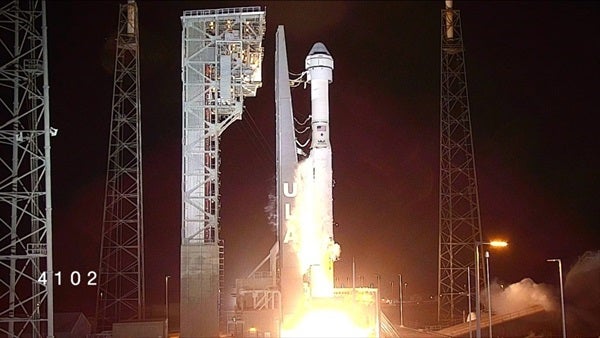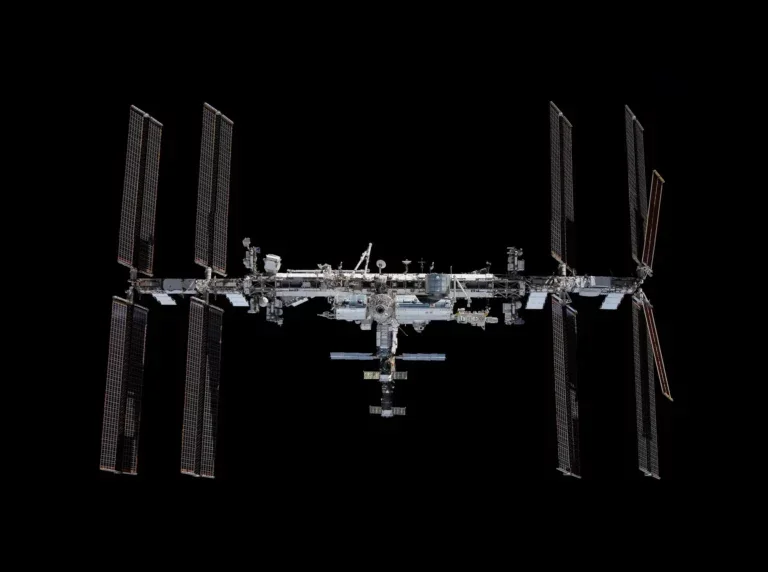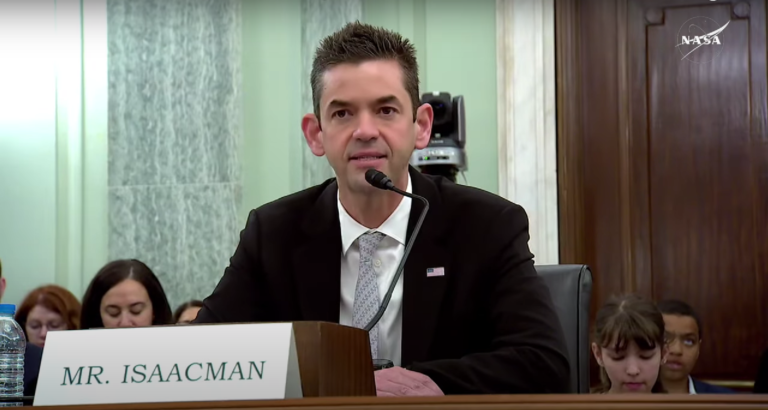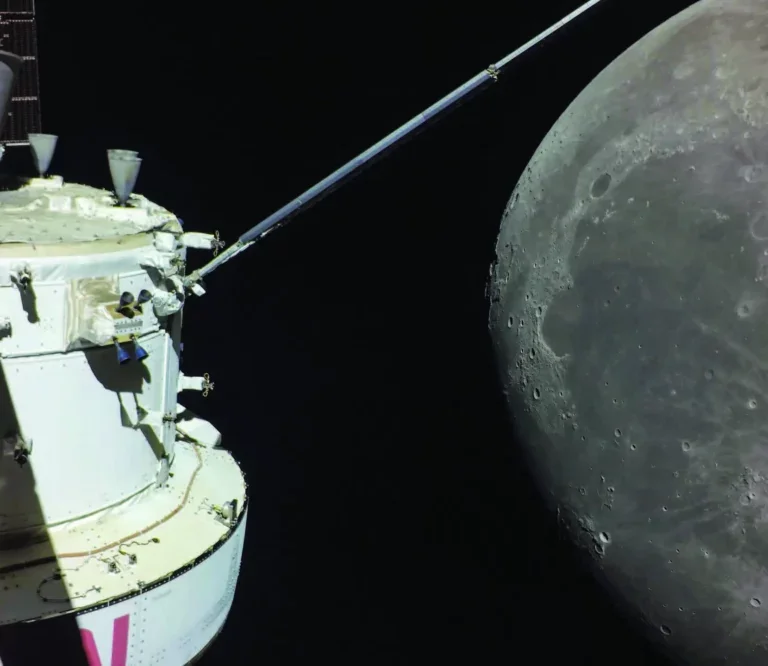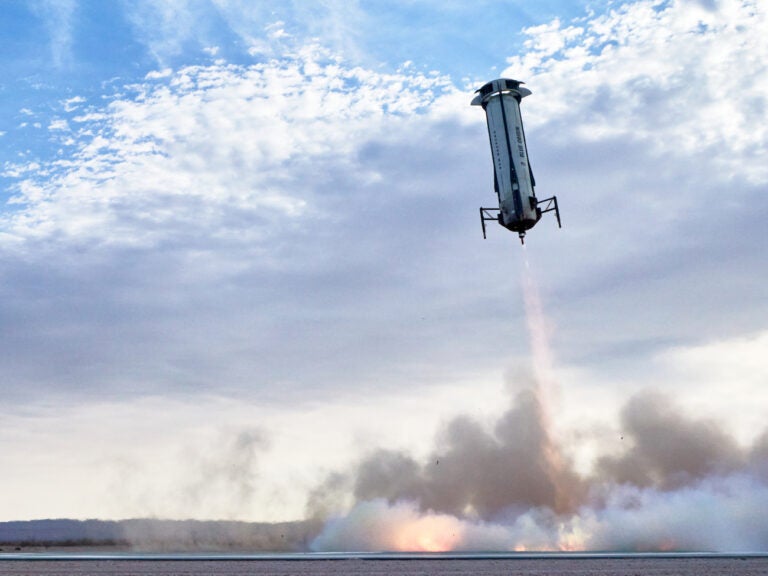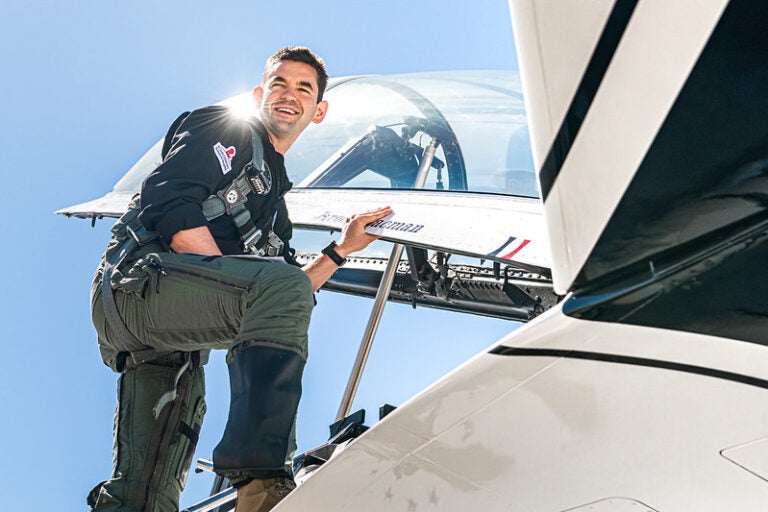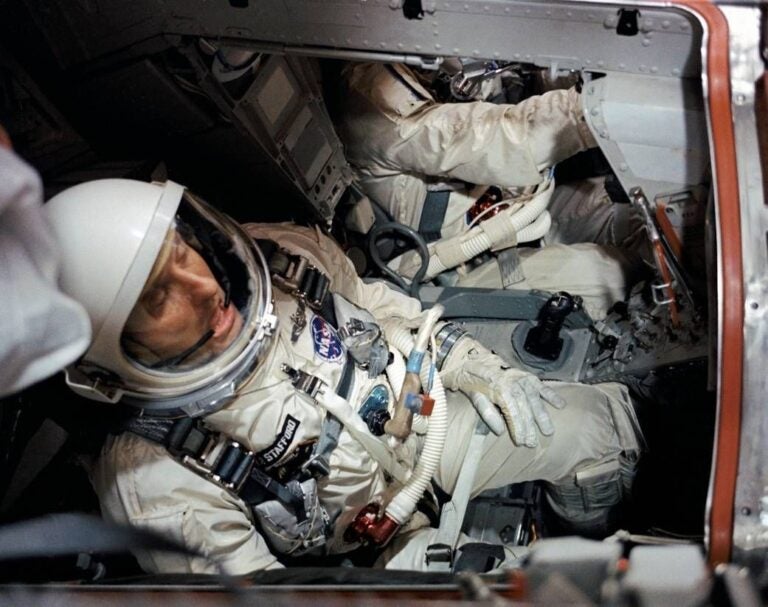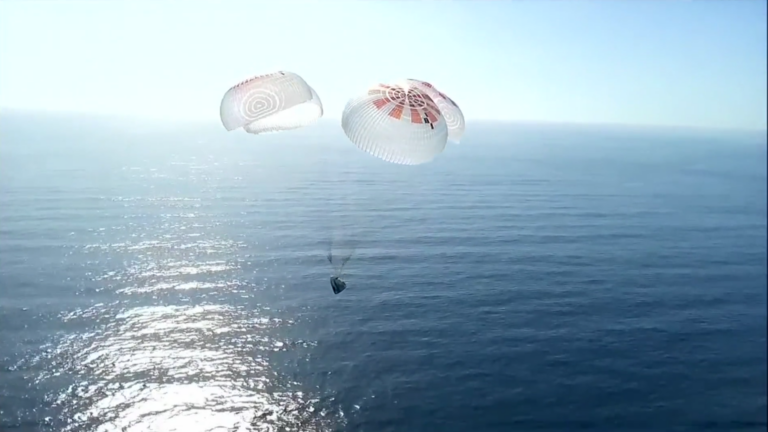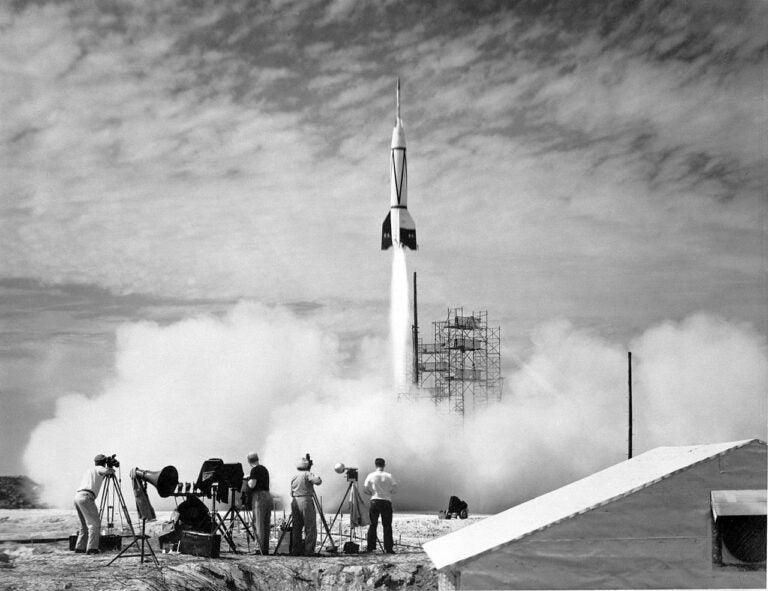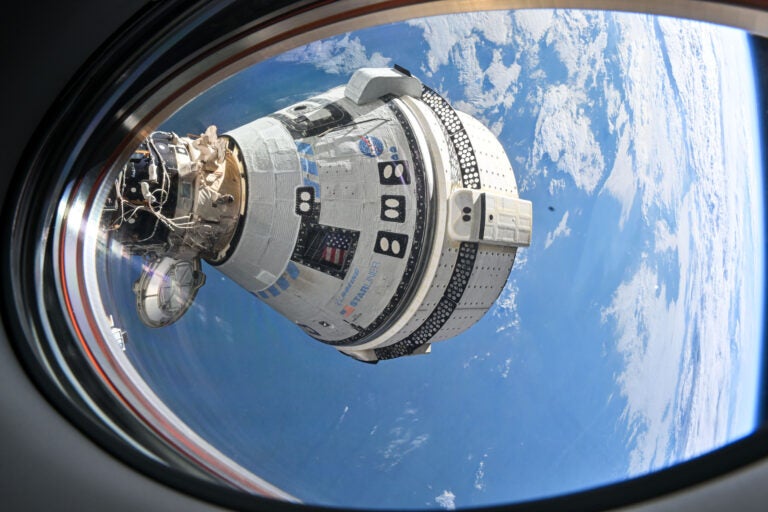“A lot of things went right today,” said NASA Administrator Jim Bridenstine. “I want to be really clear, a lot of things went right, and this is why we test.”
Launching from Cape Canaveral Air Force Station in Florida at 6:36 a.m. EST, everything initially went as planned for the launch and all systems were running well. But when the capsule separated from the United Launch Alliance Atlas V rocket, Starliner failed to reach its intended orbit.
In a post-launch press briefing, NASA and Boeing officials said the problem stemmed from an automated system on Starliner that should have triggered the built-in thrusters at a certain time. That would have allowed the capsule to reach the right orbit for docking with the ISS. However, the system had the wrong timing, so it kicked the thrusters in at an incorrect time, putting the capsule in a different orbit.
Engineers worked to right the course. But officials ultimately decided that the capsule couldn’t climb high enough to reach the space station, so it would have to be brought back to Earth early. Flight engineers were able to raise Starliner’s orbit enough to give it a safe ride back to White Sands Missile Range in New Mexico.
NASA said that any astronauts on board would have been safe throughout the launch. Astronauts and Boeing officials also said that if there had been a crew on board, they may have been able to fix the error and put the capsule into the correct orbit.
NASA hasn’t been able to launch its own astronauts into space since the space shuttle program ended in 2011. That’s left the U.S. buying rides on Russian rockets to the largely American-taxpayer-funded ISS. To change that, NASA created its Commercial Crew Program and partnered with Boeing and SpaceX to develop rockets and crew capsules that can carry astronauts into orbit. Both companies have faced a series of setbacks and challenges, including failed tests.
Officials say they still have to fully investigate what went wrong. And Boeing will continue testing Starliner during its next couple days still in orbit. They’ll also carefully study the spacecraft’s landing in New Mexico. But, depending on what NASA and Boeing find as they investigate the mishap, there’s a chance the next test flight may carry astronauts anyway. Docking with the space station was not technically a requirement of the test, according to NASA’s Commercial Crew Program Deputy Manager, Steve Stich.

